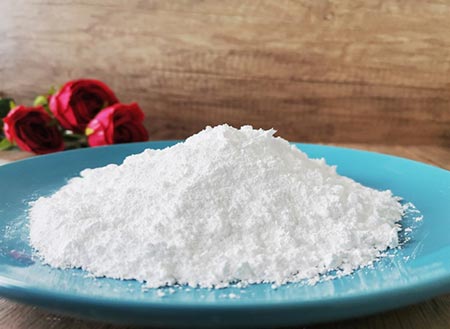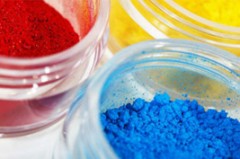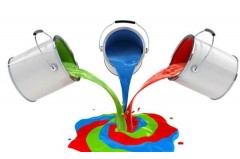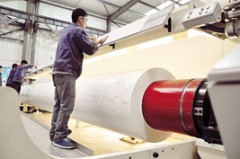Application
Precipitated Barium Sulfate: Uses, Benefits, and Key Properties
Precipitated barium sulfate is widely used across various industries due to its exceptional chemical and physical properties. From its role in the paint industry to its applications in plastics, this compound is known for its versatility and effectiveness.
What Is Precipitated Barium Sulfate?
Precipitated barium sulfate (BaSO₄) is a white, odorless powder that is synthesized through a chemical precipitation process. This process refines the compound to a high level of purity, making it an ideal additive in industries requiring high-quality, uniform material characteristics.
Key Properties of Precipitated Barium Sulfate
- High density: This compound has a high specific gravity, making it suitable for applications requiring weight and stability.
- Excellent whiteness: Known for its bright white color, it enhances the appearance of various products.
- Chemical inertness: Resistant to acids and bases, precipitated barium sulfate does not react easily with other substances.
- Particle fineness: Due to its small particle size, it disperses easily in a wide range of media.

Applications of Precipitated Barium Sulfate
Precipitated barium sulfate is used in a variety of industries due to its unique combination of physical and chemical properties. Here’s a look at its primary applications:
Paint and Coatings Industry
In paint formulations, precipitated barium sulfate serves as an extender and pigment. Its high brightness and opacity make it ideal for producing high-quality, vibrant paints. Key benefits include:
- Improved paint opacity and coverage
- Enhanced resistance to weather and UV exposure
- Reduced production costs as an extender for titanium dioxide
Plastics and Polymers
In the plastics industry, precipitated barium sulfate is used to improve product performance and appearance. Its applications in this field include:
- Increasing plastic density for products like X-ray shielding
- Enhancing surface smoothness and gloss
- Boosting impact resistance in plastic products
Pharmaceuticals
Precipitated barium sulfate is often used in medical imaging as a contrast agent for X-rays. This safe, non-toxic material allows doctors to clearly see the gastrointestinal tract during imaging procedures, improving diagnostic accuracy.
Rubber and Adhesives
In rubber manufacturing, precipitated barium sulfate acts as a reinforcing filler, which improves durability and strength. Additionally, it’s used in adhesives to:
- Enhance adhesion properties
- Increase thickness and stability
- Improve product longevity and durability
Advantages of Using Precipitated Barium Sulfate
This compound offers several benefits, making it a popular choice in industrial applications:
- Cost-effective: An economical alternative to more expensive additives without compromising quality.
- Enhanced durability: Adds strength and stability, especially in rubber and plastic products.
- Non-toxic: Safe for applications in pharmaceuticals and food packaging.
Choosing the Right Quality of Precipitated Barium Sulfate
When selecting precipitated barium sulfate for industrial applications, it’s essential to ensure quality and consistency. Keep these factors in mind:
- Purity levels: Opt for high-purity grades for applications requiring chemical stability.
- Particle size: Choose a particle size that aligns with the specific needs of your product, such as fine particles for smoother finishes.
- Supplier reputation: Work with reputable suppliers who specialize in quality precipitated barium sulfate.
Conclusion
Precipitated barium sulfate is a versatile, high-quality compound that plays a critical role in various industries, including paints, plastics, and pharmaceuticals. Its unique combination of whiteness, durability, and chemical resistance makes it an essential ingredient for manufacturers aiming to enhance their products’ performance. By understanding its applications and advantages, businesses can leverage precipitated barium sulfate to create high-quality, effective, and cost-efficient products.




